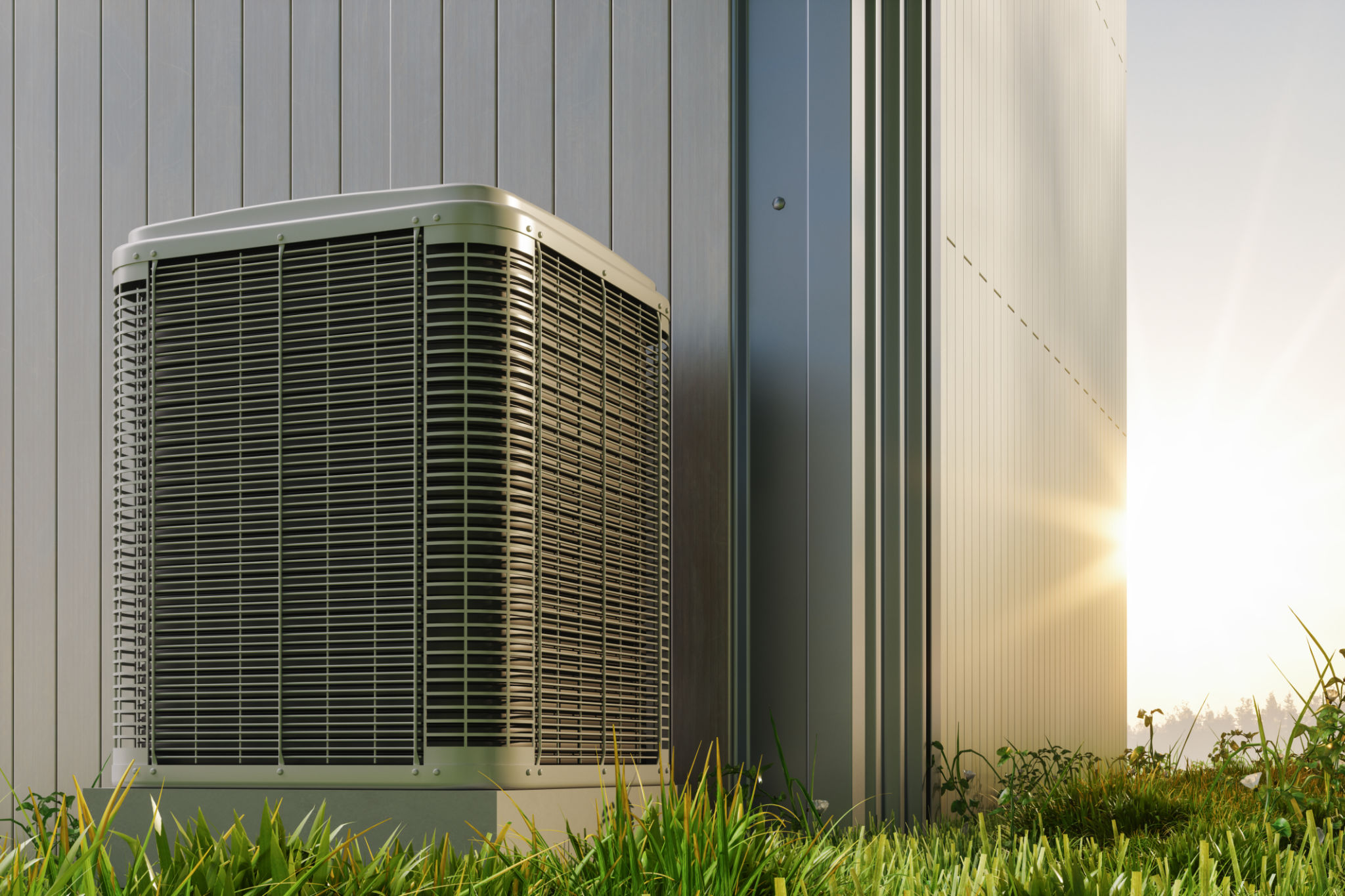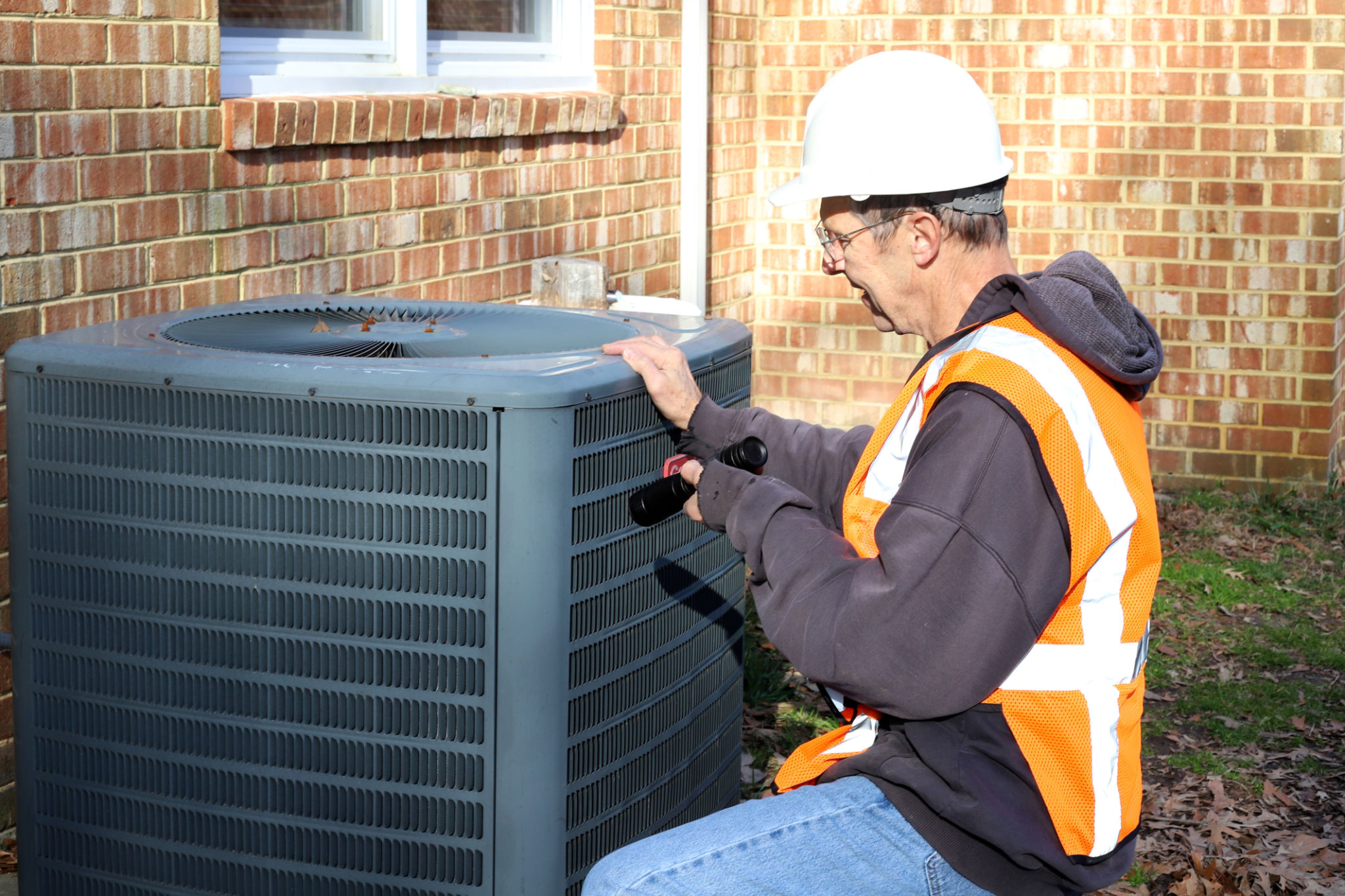The Role of HVAC in Enhancing Indoor Air Quality
Understanding the Importance of Indoor Air Quality
Indoor air quality (IAQ) is a critical factor in maintaining a healthy and comfortable living environment. As most people spend a significant amount of time indoors, the air they breathe can greatly impact their health and well-being. Poor IAQ can lead to various health issues such as allergies, respiratory problems, and even cardiovascular diseases. This is where HVAC systems play a crucial role.

The Role of HVAC Systems in Air Quality
Heating, Ventilation, and Air Conditioning (HVAC) systems are designed to regulate the temperature, humidity, and air quality within indoor spaces. These systems ensure that fresh air circulates throughout a building while removing pollutants and contaminants. By effectively managing these elements, HVAC systems can significantly enhance IAQ.
An HVAC system comprises several components that work together to improve air quality. Key elements include air filters, ventilation ducts, and air purifiers. Each component serves a specific purpose in ensuring that the air within a building remains clean and healthy.
Air Filtration Systems
Air filters are an essential part of any HVAC system. They are responsible for trapping dust, pollen, and other airborne particles, preventing them from circulating indoors. Regularly replacing or cleaning these filters is crucial to maintaining optimal air quality. High-efficiency particulate air (HEPA) filters are particularly effective at capturing even the smallest particles, providing an additional level of protection.

Ventilation and Fresh Air Circulation
Proper ventilation is vital for maintaining good IAQ. HVAC systems facilitate the exchange of indoor and outdoor air, ensuring that fresh air is continuously introduced into the living space. This process helps dilute indoor pollutants and control humidity levels, creating a more comfortable and healthier environment.
Incorporating energy recovery ventilators (ERVs) into HVAC systems can further enhance ventilation efficiency. These devices transfer heat and moisture between incoming and outgoing air streams, improving energy efficiency while maintaining excellent air quality.

Advanced Air Purification Technologies
In addition to standard filtration, many modern HVAC systems incorporate advanced air purification technologies. These may include ultraviolet (UV) light systems, which help eliminate bacteria and viruses, and ionization technologies that neutralize airborne particles. Such innovations provide an extra layer of protection against contaminants, further enhancing IAQ.
Maintenance and Its Impact on Air Quality
Regular maintenance of HVAC systems is essential for ensuring they operate efficiently and effectively. Routine inspections can help identify potential issues before they become major problems, reducing the risk of system failure and poor air quality. This includes checking for leaks, cleaning ducts, and replacing worn-out components.

The Benefits of Improved Indoor Air Quality
Enhancing IAQ through effective HVAC management offers numerous benefits. It can lead to improved health outcomes by reducing exposure to pollutants and allergens. Additionally, good IAQ enhances productivity and comfort, making indoor environments more enjoyable for occupants.
Overall, investing in a well-maintained HVAC system is an investment in health and well-being. By prioritizing indoor air quality, individuals and businesses can create safer and more comfortable indoor environments for everyone.
